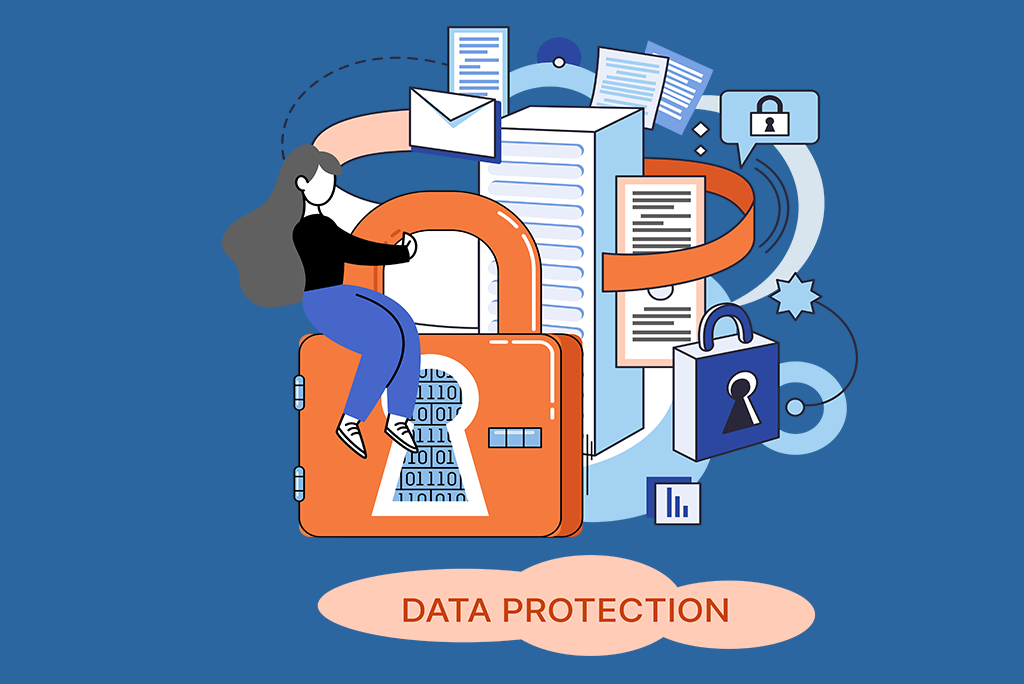
Utah and Connecticut recently joined a growing number of U.S. states – including California, Colorado, and Virginia — passing data privacy laws. These regulations give citizens greater control over their data and empower them to hold organizations that violate the rules accountable. A number of federal governments, including the European Union, China, Brazil, have also passed similar laws.
While the U.S. does not currently have a federal data privacy law, federal regulators are still taking action. The U.S. Justice Department and the Federal Trade Commission recently settled a suit against Twitter over allegations that it misled people over how their phone numbers and email addresses would be used, slapping the social media company with a $150 million USD fine.
Meanwhile, a recent ruling in a $650 million USD class action lawsuit against Facebook found it violated the Illinois’ 2008 biometric privacy law over its handling of facial recognition data. As a result, the social media giant must pay over 1.4 million residents up to $397 USD.
These legal actions are only the beginning. According to CPO Magazine, legislators in at least 27 states in the U.S. have introduced data privacy bills in the last several months.
“By 2024, it’s likely that almost every state will have its own version passed into law,” writes Bill Tolson, Vice President of Global Compliance & eDiscovery at Archive360, in CPO Magazine. “This is getting little to no attention in the business world, and yet it requires serious effort to ensure compliance. Businesses getting prepared now are barely ahead of the curve; those that put it off till the laws hit the market will have to scramble to keep up.”
Data Privacy Professionals Are In High Demand
Data privacy professionals are quickly becoming some of the most in-demand technical professionals in the world today. A recent report from the recruitment company TRU Staffing Partners found a 30% increase in open data privacy jobs, due to a combination of the rise in remote work and the recent proliferation of data privacy laws. In addition to there not being enough data privacy professionals, the report also found a shortage of professionals with the right qualifications. According to CPO Magazine, some key findings from the report include:
- Qualified data privacy professionals have a competitive advantage in the current job market. Whereas it generally took up to six weeks for someone with the right qualifications to get hired after submitting their resume in 2019, it took roughly one week on average in 2021.
- Data privacy professionals typically have a minimum of two job offers at a time. When they are actively looking for a job, this increases to three.
- Privacy professionals have seen a 22% growth in pay (earning about $20,000 – $30,000 USD more in general annually for the same positions). Similar increases are anticipated by 2023.
- About 75% of these positions are in corporations, 20% are in consulting and software companies, and 5% are in the legal industry.
As more governments pass regulations and organizations seek to fill their knowledge gap, now is the perfect time for technical professionals to learn the ins-and-outs of data privacy.
Growing Your Data Privacy Skills
Learn to implement policies and processes for designing products that take ethical personal data use into consideration right from the start! The IEEE | IAPP Data Privacy Engineering Collection is a unique training program designed to further educate an organization’s technical professionals in the field of data privacy. Contact an IEEE Account Specialist today to learn more.
Plus, download this infographic from IEEE to discover ways how your organization can tackle data privacy regulations!
Resources
Bensinger, Greg. (30 May 2022). How Illinois Is Winning in the Fight Against Big Tech. New York Times.
Casale, Elizabeth; Collum, Christopher; Shreve, James; Sosnicki, Luke. (27 May 2022). Utah and Connecticut enact comprehensive data privacy laws. thompsoncoburn.com.
Gordon, Marcy. (25 May 2022). Twitter to pay $150M penalty over privacy of users’ data. ABC News.
Sauer, Megan. (25 May 2022). Some Facebook users are receiving $397 checks over data privacy violations—and these tech companies could be next. CNBC.
Tolson, Bill. (20 May 2022). Data Privacy Conundrum: When Different States Play by Different Rules. CPO Magazine.
Ikeda, Scott. (9 May 2022). Data Privacy Jobs Report Shows Demand for Privacy Pros at Record High Thanks to Complex Regulatory Requirements, Mass Migration to Cloud Services. CPO Magazine.


No comments yet.